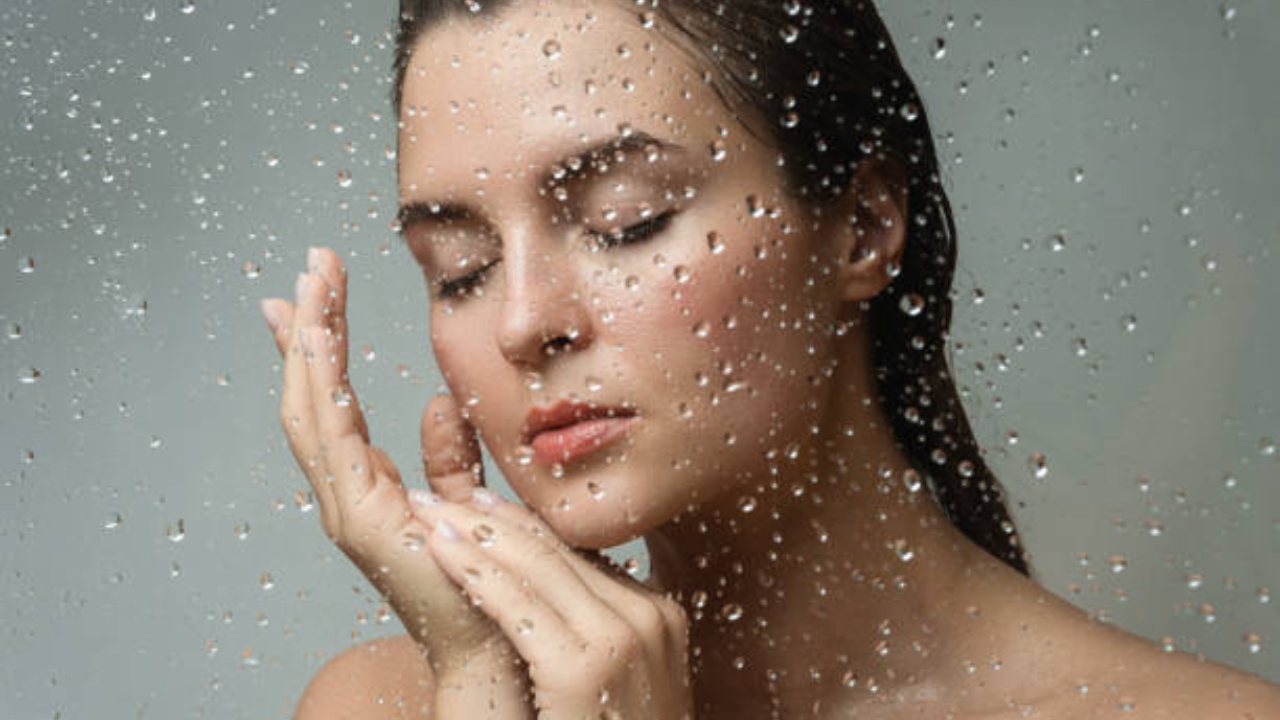7 Monsoon Skincare Habits To Keep Your Skin Clear And Healthy, According To A Dermatologist

Credits: iStock
SummaryMonsoon humidity can trigger acne, fungal infections, and dull skin. Dermatologists recommend tailored cleansing, hydration, sun protection, and hygiene practices to maintain healthy, balanced skin throughout the rainy season.
End of Article
